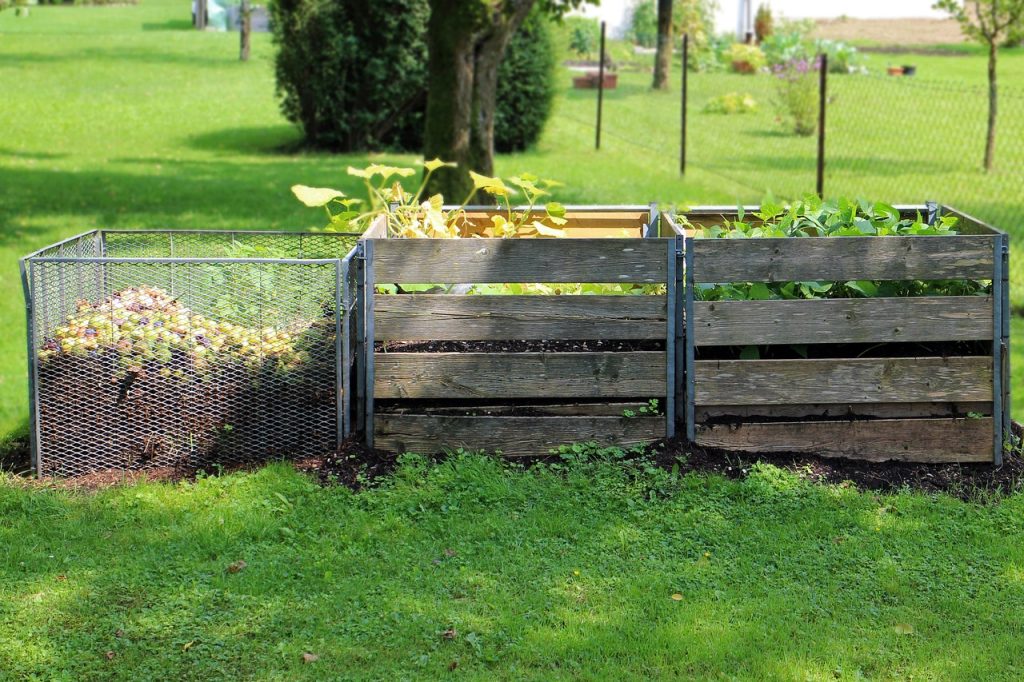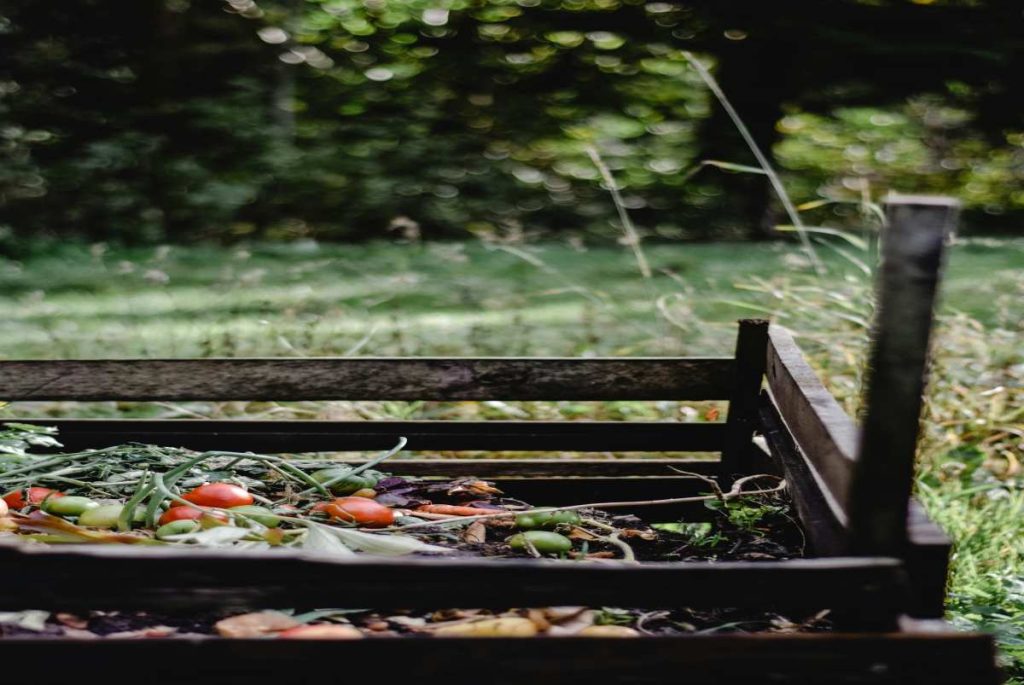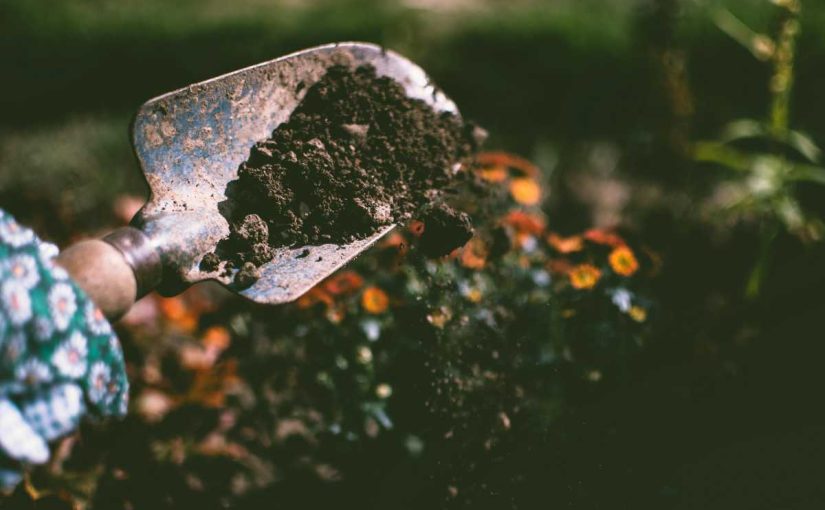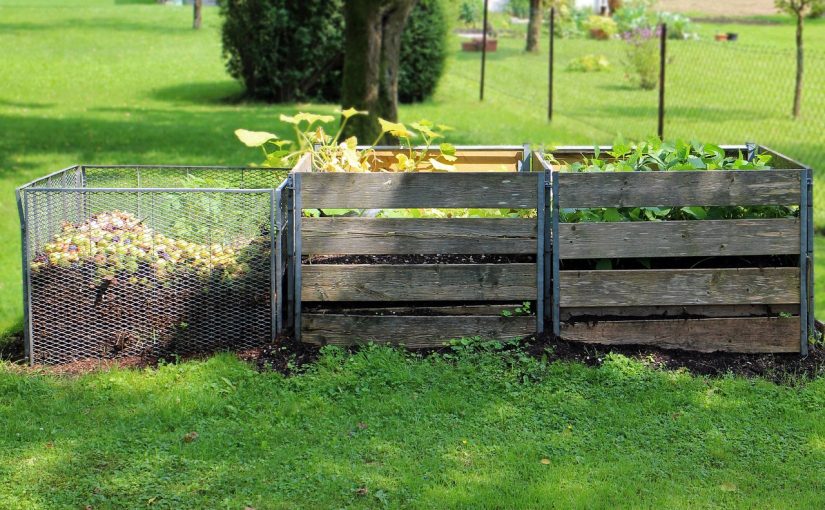Composting is a simple and eco-friendly way to recycle organic waste into nutrient-rich soil, but it’s surrounded by myths that can confuse beginners and seasoned gardeners alike. These misconceptions often discourage people from starting or lead to ineffective composting practices.
Let’s break down 8 of the most common composting myths and set the record straight so you can compost with confidence.
Myth 1: Composting is Smelly
The Truth: A properly managed compost pile smells earthy, not foul.
The myth of composting as a smelly process likely stems from poorly managed piles. Odors occur when composting becomes anaerobic, often due to too much moisture, lack of airflow, or inappropriate materials like meat and dairy.
How to Avoid Odors:
- Maintain a balance of greens (nitrogen) and browns (carbon).
- Turn the pile regularly to aerate it.
- Avoid composting items that attract pests or decay improperly.
Myth 2: Composting Attracts Pests
The Truth: Pests are attracted to improper composting practices, not composting itself.
While rodents or raccoons may investigate a compost pile containing food scraps like meat, dairy, or greasy items, a well-maintained compost system won’t attract pests.
How to Prevent Pests:
- Avoid composting meat, dairy, or oily foods.
- Bury fresh food scraps under a layer of browns.
- Use a pest-proof bin or a fully enclosed compost tumbler.
Myth 3: Composting is Too Complicated
The Truth: Composting is as simple or complex as you want it to be.
Many people believe composting requires precise measurements, constant attention, or expensive equipment. While advanced composters may fine-tune their ratios and monitor temperature, beginners can achieve great results with basic practices.
Simple Approach:
- Alternate layers of greens and browns.
- Turn occasionally and monitor moisture levels.
- Let nature do the rest!
Myth 4: You Need a Large Backyard to Compost
The Truth: Composting can be done in any space, even indoors.
While traditional compost piles require some outdoor space, alternatives like worm composting (vermicomposting) or bokashi bins make composting possible in apartments, small yards, or urban areas.
Small-Space Solutions:
- Use a countertop or balcony compost bin.
- Try vermicomposting with a compact worm bin.
- Use bokashi composting to pre-ferment food scraps before burying them.

Myth 5: All Compostable Materials Break Down Quickly
The Truth: Different materials decompose at different rates.
While fruit peels and grass clippings break down quickly, items like corn cobs, avocado pits, and thick branches take much longer. Mismanaging tough materials can slow down the entire process.
How to Speed Up Decomposition:
- Shred or chop larger items before adding them to the pile.
- Keep the pile moist and aerated for active microbial activity.
- Avoid adding materials that are too large to break down easily.
Myth 6: You Need Special Additives for Good Compost
The Truth: Nature provides everything you need for great compost.
Commercial compost activators and additives claim to speed up decomposition, but they’re rarely necessary. A healthy mix of greens and browns, moisture, and airflow provides everything microbes need to thrive.
Pro Tip: If you want a boost, use a handful of finished compost or garden soil as a natural inoculant to introduce beneficial microbes.
Myth 7: Composting Takes Too Long
The Truth: Composting speed depends on your method and effort.
While some think composting takes years, most active composting systems produce finished compost in 2–6 months. Fast methods like hot composting can yield results in as little as 4–6 weeks with proper management.
How to Speed Up the Process:
- Chop materials into smaller pieces to increase surface area.
- Maintain a hot composting pile by keeping it moist, aerated, and at least 3 feet high.
- Turn the pile more frequently to accelerate decomposition.
Myth 8: Finished Compost Has to Be Perfectly Uniform
The Truth: Compost doesn’t need to look like commercial potting soil to be effective.
Finished compost may have small bits of organic material that haven’t fully broken down, such as twigs or eggshells. This is normal and doesn’t affect its quality.
What to Do:
- Sift larger materials out if you need finer compost for seeds or delicate plants.
- Return unfinished bits to the pile for further decomposition.
- Use coarse compost as a mulch or soil conditioner.
Conclusion
Composting is a simple, rewarding process that’s often misunderstood due to widespread myths. By debunking these misconceptions, you can compost with confidence, whether you’re working in a small apartment or a sprawling backyard.
Start composting today, knowing the truth: it’s an easy, efficient, and eco-friendly way to turn waste into gardening gold.




